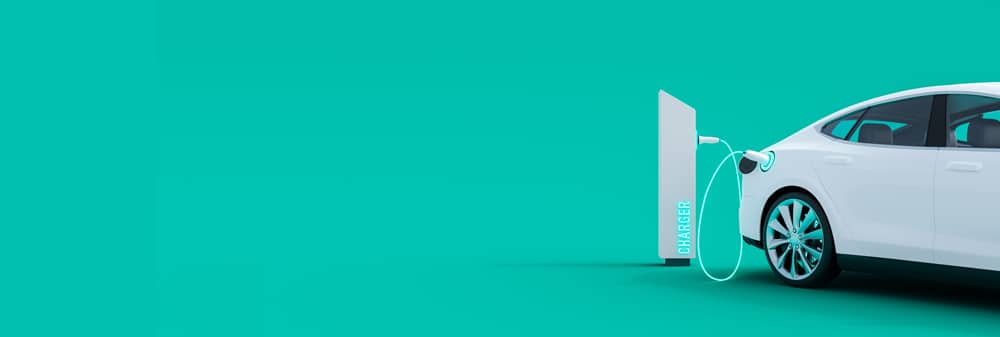The automotive market is more complex than ever. Car manufacturers are seeing their market shares attacked by alternative mobility solutions. Added to this are the issues of electric mobility and purchasing power. Market research techniques are more necessary than ever to anticipate trends and user behavior. In recent years, we have had the opportunity to carry out studies on all aspects of the mobility market. Some examples are detailed at the bottom of this page.
Contact IntoTheMinds for your automotive market research
Our market research services for the automotive sector
- Covered territories: all European countries + United States and Canada
- Budget: from €7500 excl. VAT
- Study duration: from 6 weeks for quantitative studies on B2C panels
- References: Renault, Toyota, Carglass, Europcar, Gocar, Car Pass, …
Why conduct automotive market research?
The motivations for conducting automotive market research (and mobility in general) are numerous:
- anticipate the trends of a market subject to many influences
- understand user needs before launching a new offer or product
- measure brand awareness
- identify growth drivers (new customer segments)
- trace the customer journey and identify sales opportunities
Until a few years ago, the automotive market was a growing market. Since the COVID crisis, its dynamics have become much more complex, impacted notably by new regulations. Market research therefore allows for the anticipation of behaviors. The relationship to mobility has changed radically, and with it purchasing power has substantially declined. New car purchases are therefore in a downward spiral, reinforced until 2021 by logistical problems which strengthened the second-hand market. This is what we observed during our studies carried out this year, for example for Europcar and Car Pass.
All these forces therefore exert pressure on the automotive market and contribute to changing its trajectory. Regular studies on the different customer segments will allow you to better navigate all pitfalls.
Key points
The maturity and size of the automotive market lead to the predominant use of quantitative methods (CAWI for example). As the axes of analysis are multiple, it is important to clearly define the samples and especially the quotas. Overrepresentation of certain segments is a recurring topic and must be approached with caution.
When multi-brand quantitative studies are conducted, the sample size must also be questioned. We do not recommend going below N=1000 as this limits the ability to compare segments. These can be numerous if quotas are imposed on brands.
Finally, one must also question indirect competition, i.e. alternative mobility solutions. In urban areas, the proportion of car owners is often below 50%. Automotive market research must therefore be placed in a broader context, that of mobility offers.
Budget
From €10,000 for a complete quantitative study on a sample of 1000 respondents.
Examples of studies carried out in the automotive sector
- Europcar asked us to study the electric mobility market in Belgium. We first conducted a competitive analysis of various mobility solutions. Secondly, we launched 2 quantitative studies on our B2C and B2B panels. We surveyed 1,000 short-term rental service customers, as well as 200 B2B fleet managers. These two surveys allowed us to measure customer expectations and determine the ideal price for renting an electric vehicle.
- We carried out various assignments for Renault France as part of their marketing strategy. For example, we analyzed the reasons for churn at their banking subsidiary RCI Bank. We also delivered analyses prior to the launch of their electric vehicle, Zoé.
- Renault is also a client of IntoTheMinds in Belgium. In 2024, we delivered a quantitative study on the customer experience of 1,000 new and used car buyers. This study was conducted using our B2C panels with strict quotas across 30 brands. This highly technical study made it possible to understand the decision-making cycle and test interest in new services. Previously, we also conducted an exploratory qualitative study on private leasing. The results of this study enabled the launch of the offer on the Belgian market.
- Toyota tasked us with conducting a B2B study prior to the launch of the new Corolla on the French market. We were asked to carry out a predictive modeling of the companies most likely to purchase this vehicle. We based our analysis on the B2B registration database, which we enriched to better profile target companies. Thanks to this data science work, we delivered to Toyota the list of the 5% of companies that would account for 50% of sales.
- We carried out a technological Proof of Concept (POC) for Carglass to measure market share in Belgium using customers' GPS data.
- Car Pass is the official body that certifies the mileage of used vehicles in Belgium. We conducted a quantitative study with three respondent groups: 1) recent buyers of used vehicles, 2) individuals planning to buy a used car in the next 12 months, and 3) used car dealers. These three studies allowed us to assess Car Pass's brand awareness, the perception of the warranty provided, and to anticipate trends for the next 12 months.
- Gocar is an online platform for selling new and used vehicles. We were tasked with measuring the brand’s awareness as well as the needs and habits of its users. To do so, we conducted a quantitative survey with 2,000 respondents from our panel. We supplemented the study with a sample of 1,000 people subscribed to Gocar’s newsletter.

